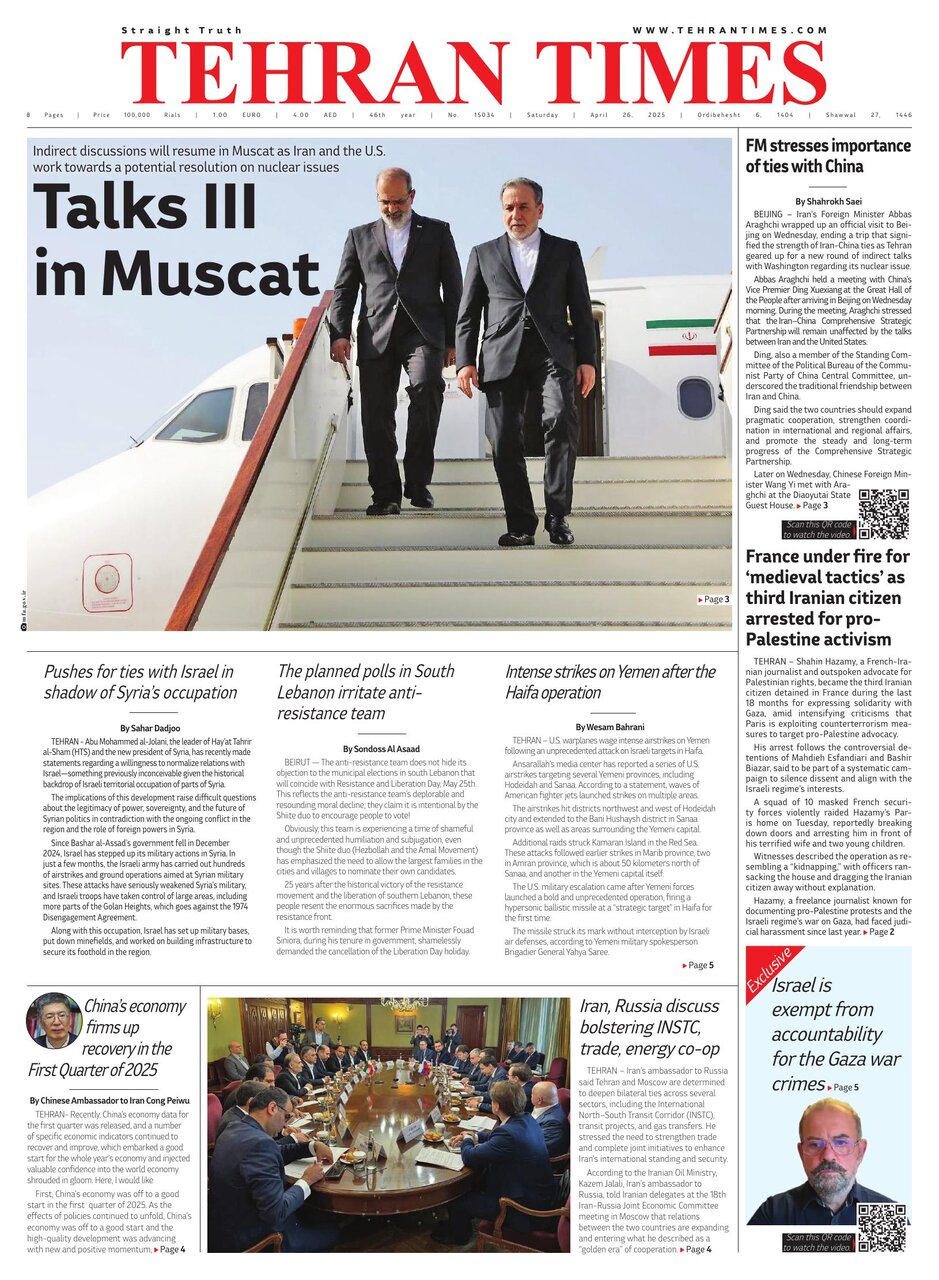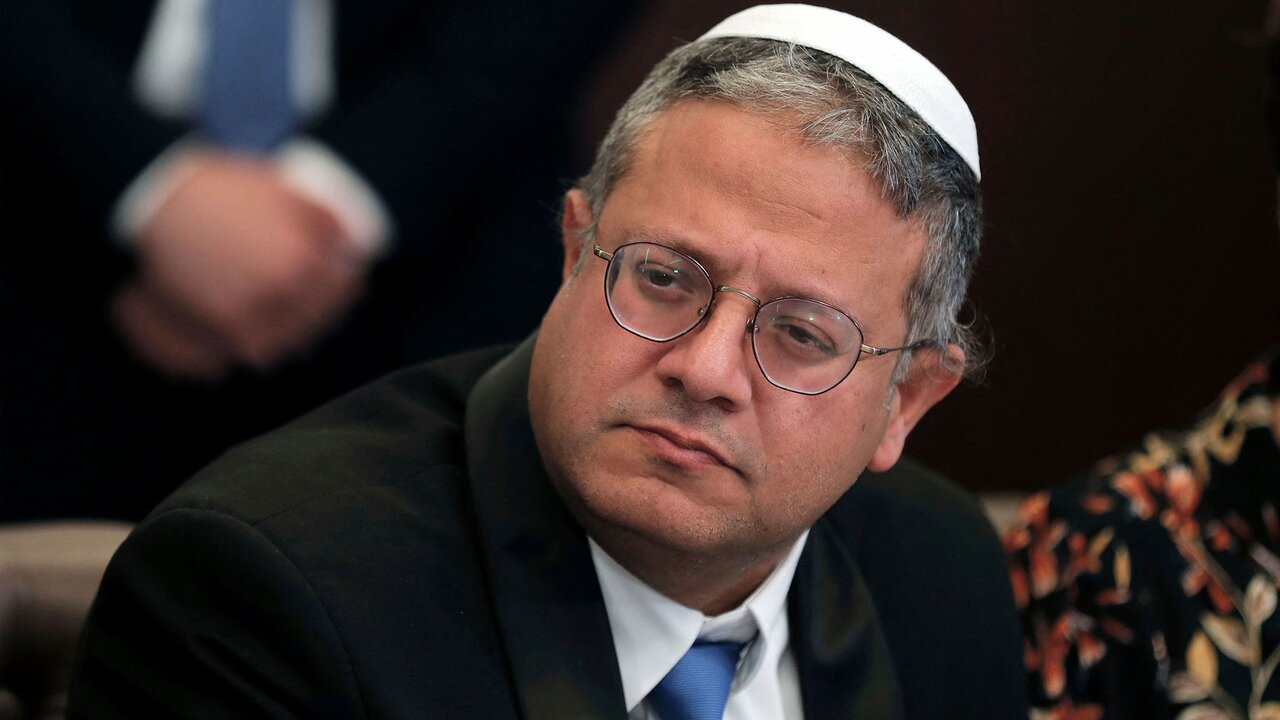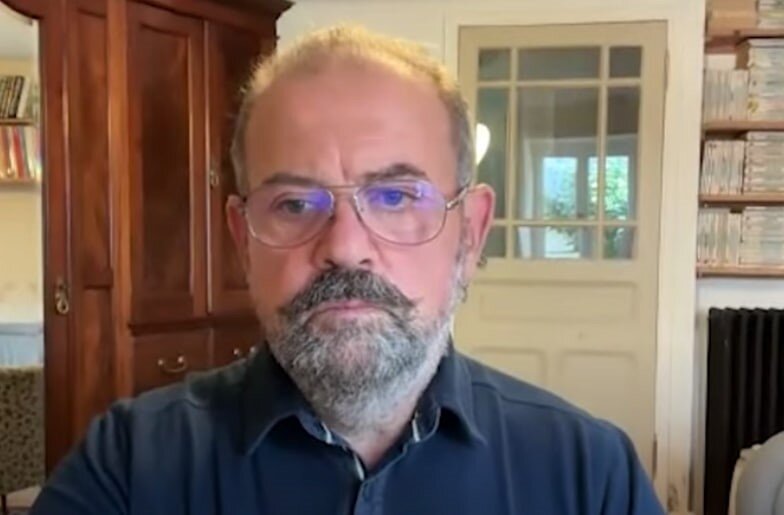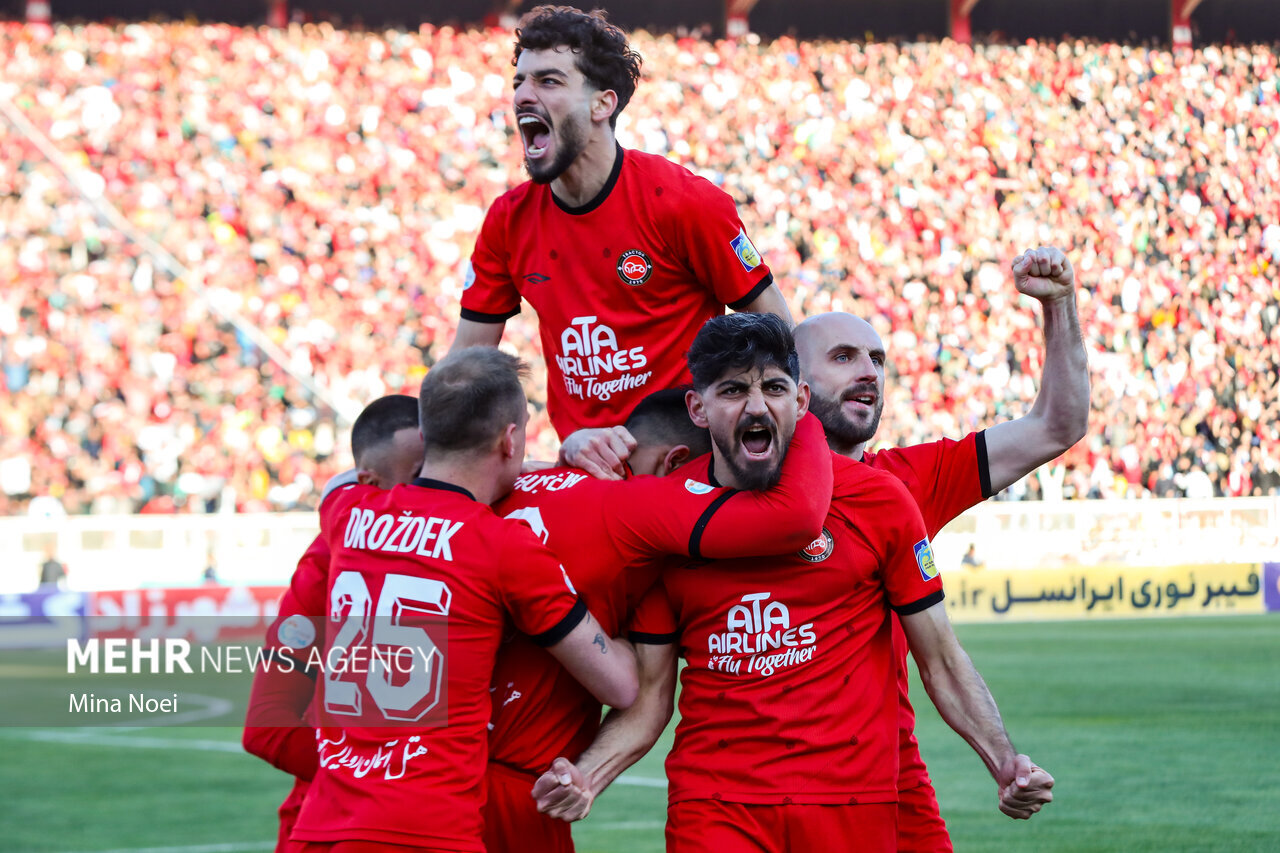
MADRID The latest article by Richard Nephew, published in Foreign Affairs under the title A Last Chance for Iran, brings a recurring issue back to the forefront: even the most liberal advocates of a diplomatic solution continue to operate from a Western unilateralism that systematically overlooks the political aspirations of the other side in this case, those of Iran.Modern diplomatic theory faces challenges beyond the interpretation of ideas from renowned thinkers of statecraft from Machiavelli to Kissinger or the evolution of diplomacy from its traditional forms to 21st-century practices.
The underlying problem is far more profound and structural: it is a theory born in the West, for the West, that seeks universal application without critically examining the cultural and epistemological biases that underpin it.The Eurocentric perspective that dominates diplomatic theory perpetuates epistemic injustice by ignoring the voices, experiences, and knowledge of non-Western societies.
In other words, diplomacy has been complicit in sustaining a colonial worldview that continues to shape international discourses and practices today.The origin of this bias lies in global coloniality, a power structure that emerged in the 15th century with European expansion and established hierarchies based on culture, race, gender, and knowledge.
Within this system, the West positioned itself at the apex of all categories, from religion and language to the construction of knowledge itself.However, it is essential to distinguish between colonialism and coloniality.
Colonialism refers to the territorial occupation and political-administrative reorganization carried out by European powers.
Coloniality, on the other hand, is a deeper, more persistent organizing principle that extends across various spheres of social life, from economic structures to gender dynamics and knowledge systems.Coloniality permeates economic relations, political structures, gender and sexual dynamics, knowledge systems, and even intimate spaces such as households and spiritual practices.
It represents the hidden dark side of European modernity, a project that, since the Renaissance, has shaped the world through interwoven power hierarchies that continue to endure today.This matrix of domination goes beyond the imposition of colonial political structures; it also extends to the construction of identities and the very notion of humanity.
Categories such as civilized vs.
barbaric, rational vs.
irrational, and modern vs.
backward have been built on a Eurocentric foundation that dictates who is given a voice and who is condemned to silence.From this logic emerges the concept of coloniality of power, coloniality of identity, and coloniality of knowledge.
The latter coloniality of knowledge has perhaps been the most persistent and effective.
It manifests in Eurocentrisms ability to present itself as the sole legitimate narrative of what is modern, rational, and universal.
Under this framework, other knowledge systems and ways of thinking have been marginalized and delegitimized, perpetuating an epistemic injustice that continues to shape how we interpret and organize the world today.In this context, the diplomatic theory presented by Richard Nephew in his article is nothing more than a monologue among Europeans about what they already agree on: diplomacy as a Western narrative that asserts its own role in the modernization of the world.This approach perpetuates the idea that diplomatic practice and its theoretical foundations arise exclusively from Western experiences, effectively erasing other ways of managing political affairs throughout history.
From this Eurocentric perspective, diplomacy is presented as a universal manifestation of modernity, disregarding the knowledge and diplomatic practices of non-Western civilizations.However, forms of negotiation, mediation, and conflict resolution have existed in numerous cultures and historical moments: from diplomatic agreements between Asian empires to African tribal councils or community diplomacy practices in Latin America.
Incorporating these experiences would not only enrich diplomatic theory, but also help break the epistemic hegemony that the West has imposed for centuries.Building a plural and global dialogue does not mean discarding Western contributions, but rather situating them in a broader context, recognizing that modernity and its institutions are not a single destination, but rather the result of multiple historical trajectories that have coexisted and often been ignored in the construction of the world order.The diplomatic theory that has dominated international thought remains, in essence, a closed conversation centered around the West: a narrative focused on its achievements, its voices, and its historical archives.
This conceptual framework originates from a monotopic design, where other cultures and peoples are only seen as "the other" subjects to be observed, analyzed, or civilized, but not as full-fledged actors in diplomatic history.This perspective stems from the epistemic West, a locus of enunciation that not only confines Westerners within their own categories of thought, but also entraps those from other cultures.
These individuals are often forced to adapt to the tools of Western rationality, such as "objective" analysis, floating signifiers, or the so-called zero-point thinking, which is presented as a neutral and unquestionable scientific method.The imposition of these categories has led to the acceptance, even outside of Europe, of the premise that Western discourse is universal.
Within this framework, European historical experiences are presented as global experiences, while knowledge from other cultures is either marginalized or forced to be internationalized according to those same parameters, sacrificing its richness and diversity.From this viewpoint, diplomatic theory continues to be a narrative centered on the West: a discourse that prioritizes what great European men did, the achievements of Western powers, and the ideas of its most influential thinkers.
However, this narrative adopts a universalizing tone that conceals its geopolitical and cultural roots, presenting itself instead as a neutral and dislocated language.Richard Nephew's article fits within an international political framework where diplomacy seems fundamentally aimed at containing Iran.
Even within the more progressive sectors of the United States, the willingness for dialogue is still marked by the perception of Iran as a foreign, threatening actor, outside the international community.
In this sense, diplomacy, far from opening spaces for understanding, seems to function as a tool to manage fear.However, this fear is not merely an emotional reaction.
It is part of an economy of affect, a symbolic system that assigns specific meanings to certain bodies both physical and political determining their place in the world.
In the case of Iran, this economy has saturated the country with a series of negative signifiers terrorism, extremism, destabilization which not only fuel fear but justify the need to contain it.
This process goes beyond a simple political response and defines international relations in terms of distrust and hostility.In his analysis, Nephew reproduces this dominant narrative, fully adhering to traditional Western diplomatic theoretical frameworks.
His text lacks alternatives or questions that invite rethinking international relations beyond hegemonic power logics.
It fails to consider other ways of managing conflicts and diplomatic relations that do not depend solely on the Western worldview.As noted earlier, the Foreign Affairs article has a clear objective: the containment of Iran and control over its nuclear program.
However, this approach completely omits the political desires of the Islamic Republic and its agency as a global actor.
This one-sided perspective reduces the complexity of the situation to a mere question of power and threat, without considering Irans internal tensions or its legitimate aspirations as a sovereign nation.Nephew's perspective, by focusing exclusively on managing the perceived threat, does not open the debate towards an inclusive diplomacy that seeks cooperation and understanding between nations, but rather seems to perpetuate a logic of confrontation.
By doing so, it blocks the possibility of genuine rapprochements between global actors and reinforces an international order where voices and agency outside of the West remain subjugated to a one-dimensional narrative.

 7
7

















